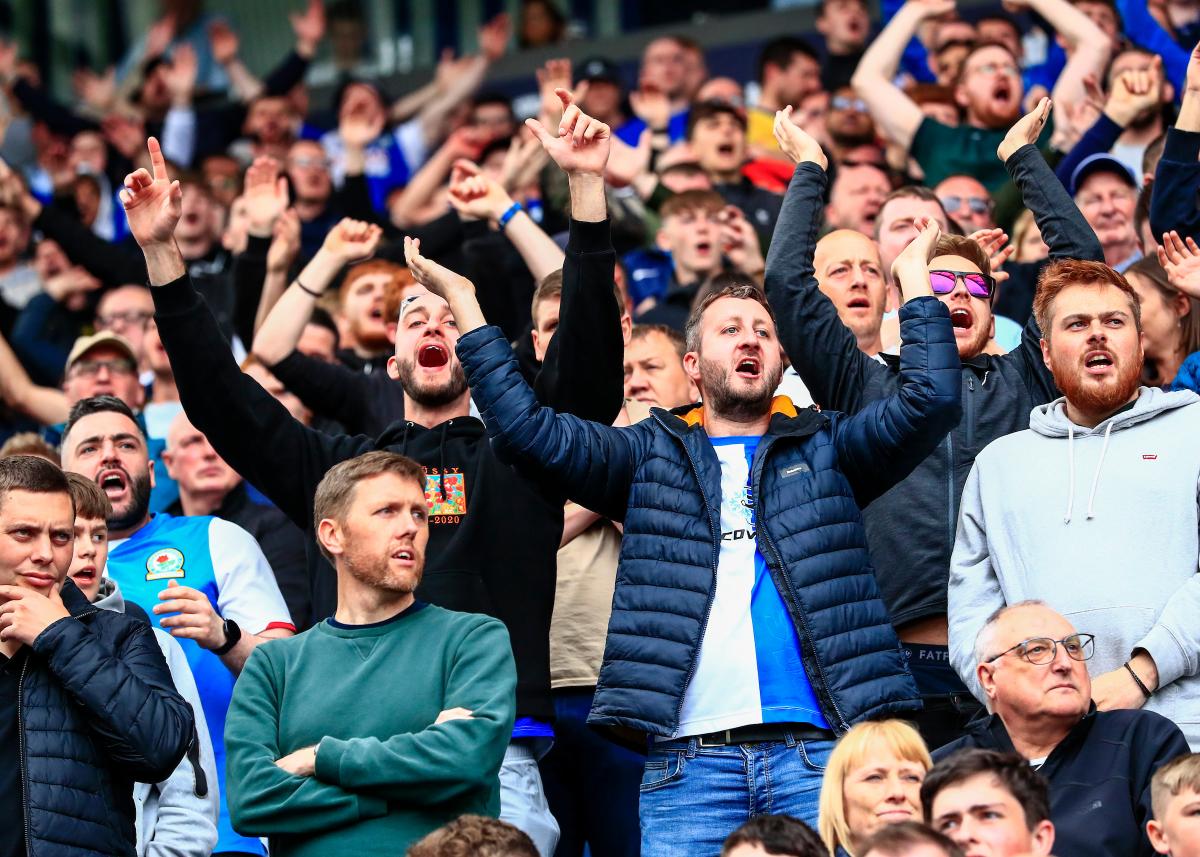
With the rise and rise of English football and the fast increasing popularity of the Premier League all over the world, a worrying concern can be raised over the long-term financial security of successful and well-established football clubs. Football clubs with more than a century long history are being run by entities with good financial indicators…well, for the time being. But is relying on a single business model too much a risk and how the risk could be hedged?
Well, there is a very good example just across Europe working in the environment of maybe one of the biggest economies in the world – Germany. In 1998 Deutscher Fußball-Bund e.V. (DFB) set up a regulation under the name “50+1” model (in German: 50+1-Regel) which is a clause needed by every football club that wants to compete on the highest level. The football club must hold the majority of its own voting rights. The rule is basically designed to ensure that the club’s members retain overall control and protecting it from the influence of external investment parties.
Witnessing how our beloved game changed over the past few years and ever wondered what happened and how does the money mean so much in what was once the most beautiful game? Yes, we all did. Not saying that Kylian Mbappé is not one of the brightest talents or anything, just the amount paid by Paris to his former club Monaco makes us all think how a football player can be valued 200+ million pounds.
But how are German clubs so competitive on the field without having the foreign investment power? In 2013 the Bundesliga even paraded their own biggest clubs to the world when Bayern faced Jurgen Klopp’s Borussia Dortmund at the UEFA Champions League final at Wembley in London. Without spending ridiculous amounts, Dortmund had a team full of talent with Robert Lewandowski, Mario Gotze, Marko Reus, Matts Humels and many more. Yes, most of them either left for Bayern or abroad, but the point is if a club has a successful enough scouting department; if the youth teams are producing enough talented players who earn their chance to burst into first team – a good playing squad can be built without spending big.
To add Dortmund have a privilege to be the team with the highest average attendance at their Signal Iduna Park at an average of 80,588 per game. Knowing that the ticket prices are cheaper than to go to a football match in England, German fans are encouraged to go to football matches by the lower prices. This revenue plus the fact that the fans know that their stake is at its highest level in the management of the club, builds identity and security. The main difference being that the German fans are not being “cows that needs to be milked”, quoting Uli Hoeneß, the president of Bayern Munich. There is now a trend of English fans going across the Channel to the Netherlands and North Germany to watch football and it is increasing -with plane tickets and a match ticket costing less in total than a pre-match routine and game ticket in one of the clubs in London for instance. People would prefer either to spend their hard-earned money on different entertainment or would even travel and enjoy a weekend away plus a game of relatively “cheap” football.
Another important aspect is the sponsorship deals. German football clubs retain bigger percentage from the deals compared to the English clubs. Bayern for instance got nearly 55% of the deals with companies like T-Mobile, Adidas and others. English clubs like Manchester United, City, Arsenal and Chelsea receive below 40% which in long-term contracts worth millions can be crucial. The companies which are investing in advertising on German clubs’ shirts are often local ones and this gives them a platform to increase their status worldwide.
Without saying that having a foreign investment party is definitely a bad thing, all football clubs first need is to retain financial stability and ensure that their long-term existence is secured. Football clubs tend to mean more and more to their community where that town is struggling to keep its identity,industry and purpose. The football club has been and always will be an integral part of English society.
There is nothing wrong with people or companies investing their money in football clubs, but without a shadow of a doubt the Football Club itself must keep control of key long-term issues vital for that club – including match day experience , youth teams and academy developments, the Club image to be maintained and many many more. German clubs are showing how this can be done. Times change and communities change - if English clubs do not adapt, the rest of Europe’s clubs will gather even more pace and the long-term future will be troubled.
SO…how should Blackburn Rovers adapt? Is it unavoidable that we will bounce around the lower Leagues now? How does the Club and its Supporters reflect its Community? What happened to “Lancashire’s Premier Team”? What pressure can the Rovers Trust,with other Trusts, put on the Football Authorities not just to play the game of the top 6 Clubs? If Blackburn Rovers has a clear identity how do we project that identity to gain support and long-term viability?\n\nYour views are always welcome and can be sent to enquiries@roverstrust.co.uk

